Tropical Audubon Society’s Pine Rockland demonstration forest is sited in our Steinberg Nature Center on Sunset Drive just a few blocks east of the South Miami business district. Boasting more than a dozen mature South Florida slash pines and numerous saplings, the stand is one of the few remaining remnants of a rapidly disappearing and critically endangered Florida habitat that once spanned Miami-Dade County.
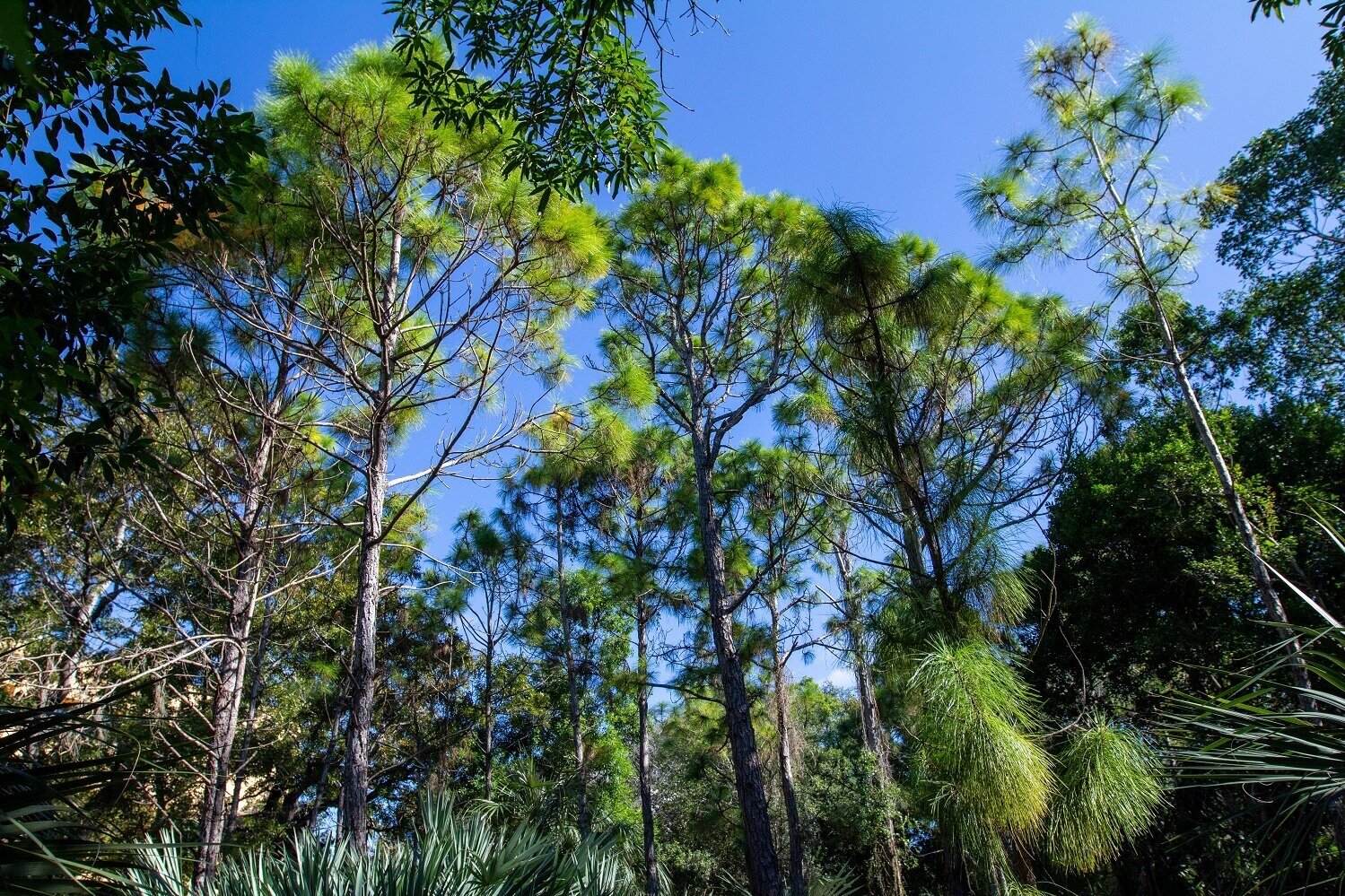
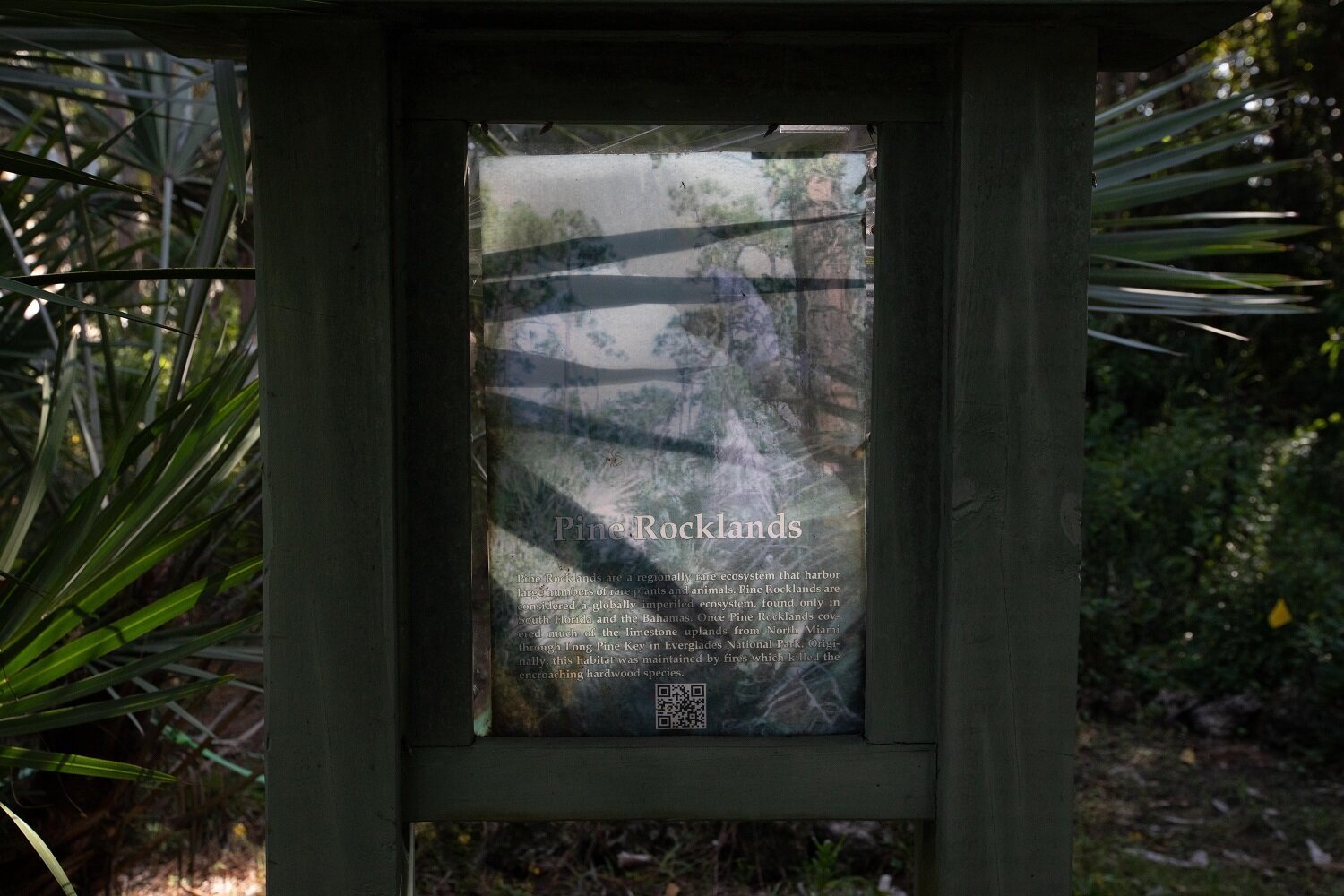
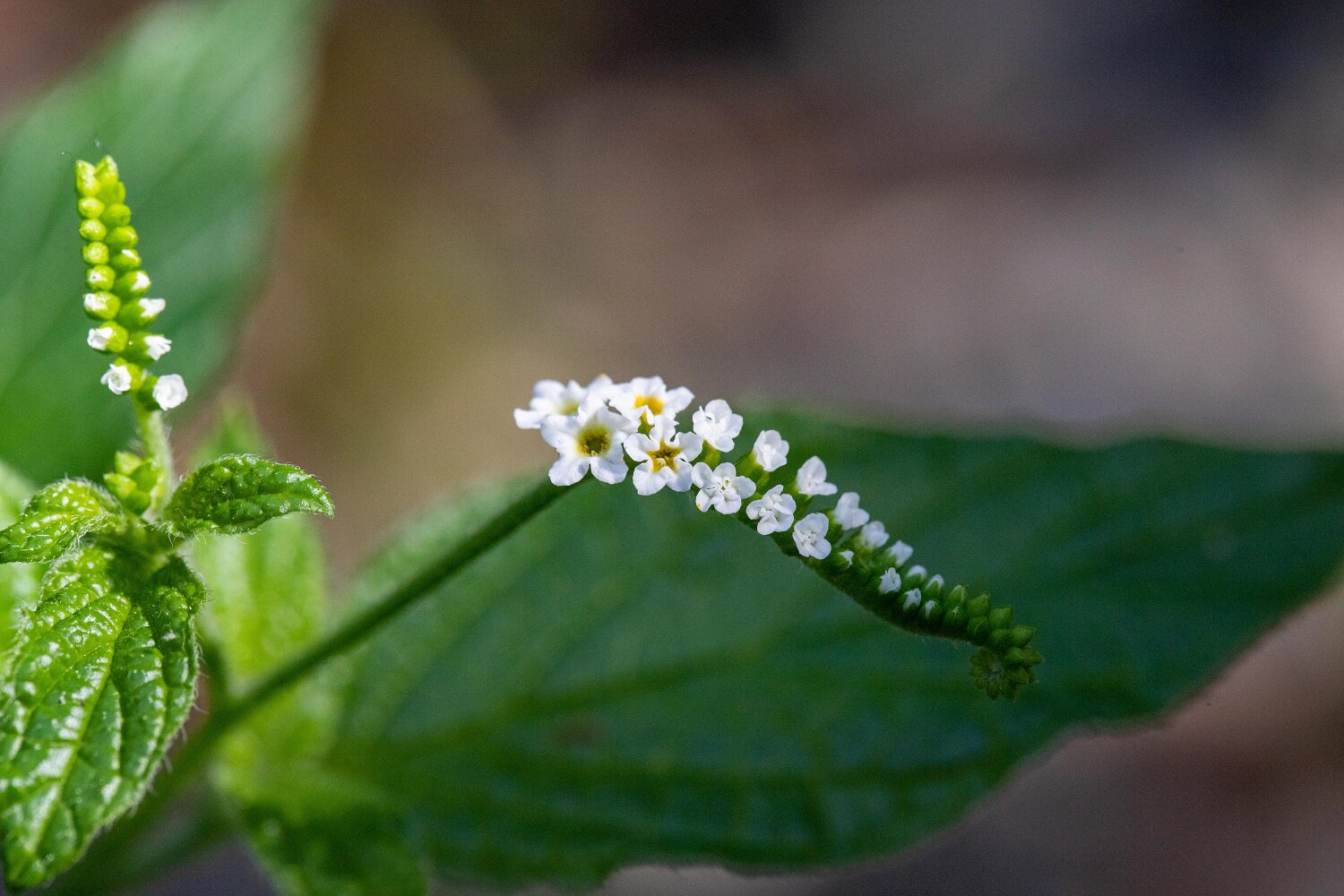
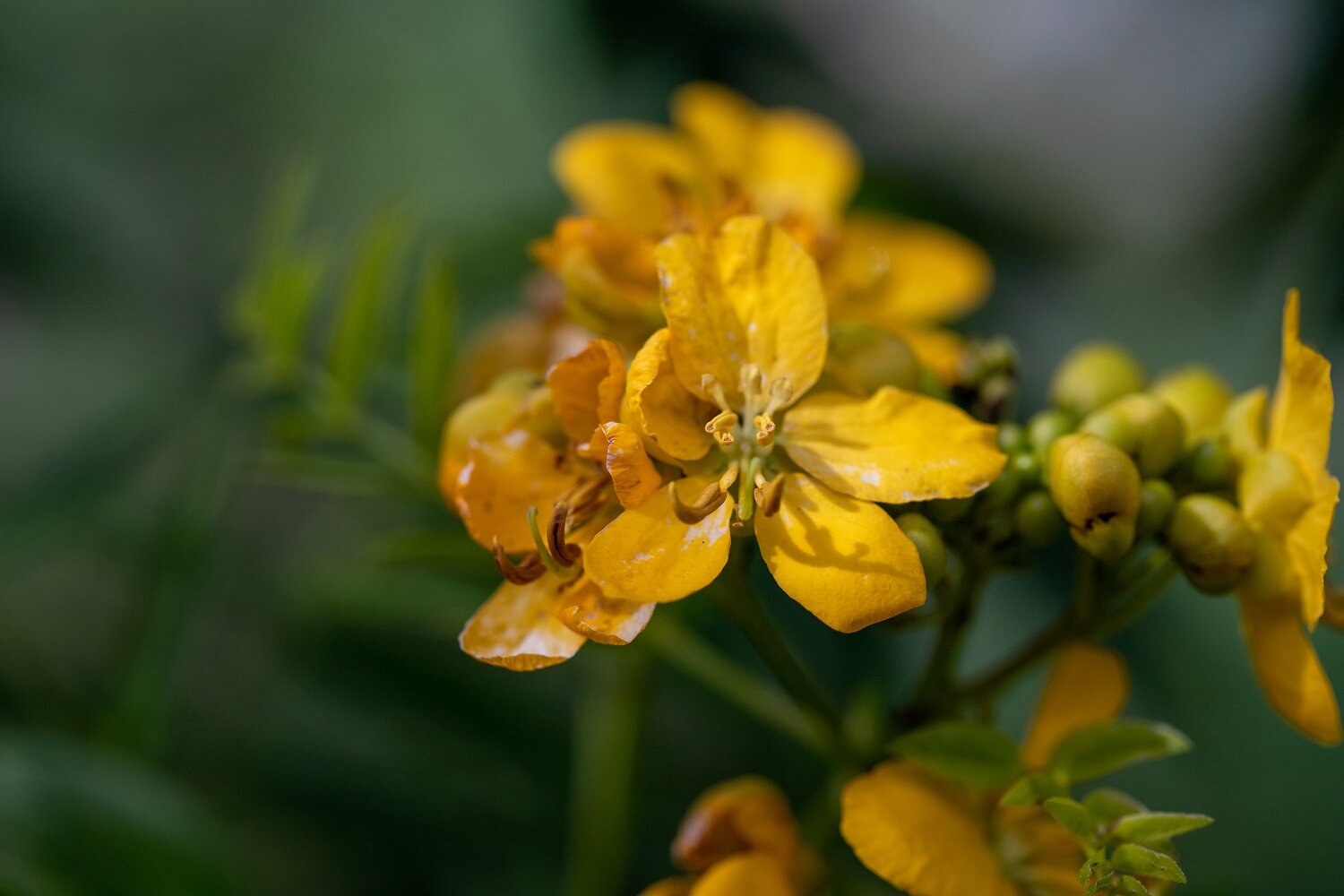
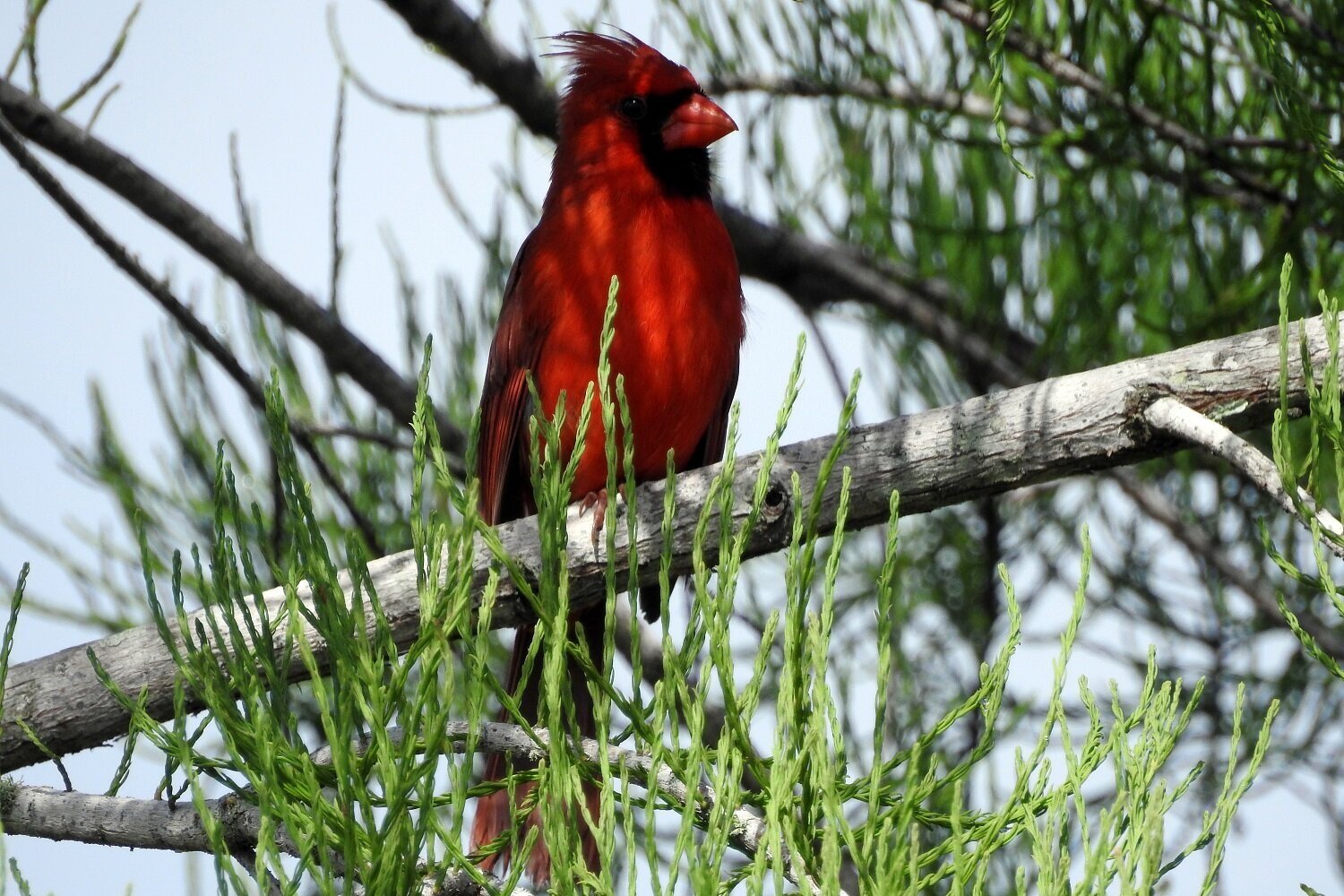
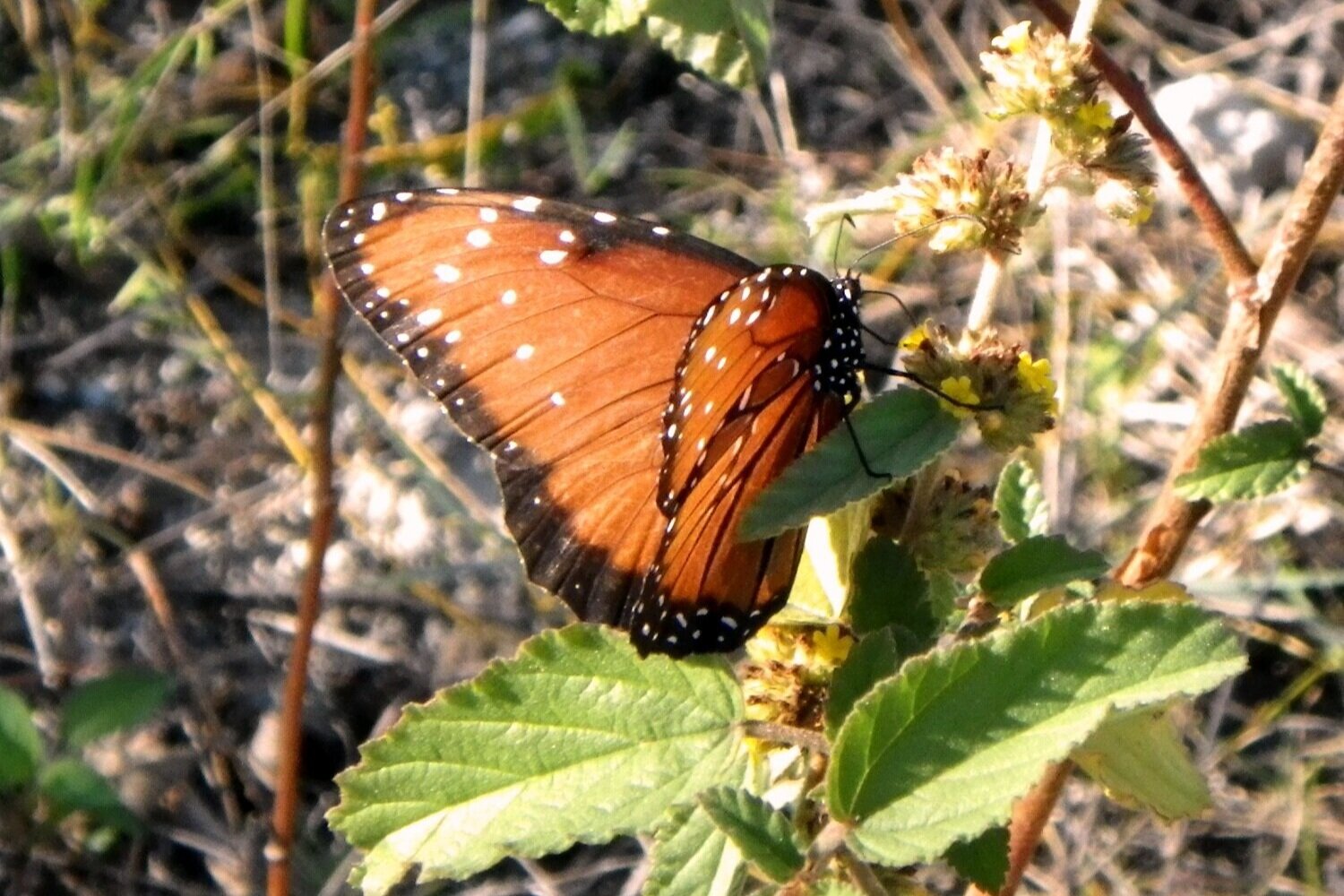
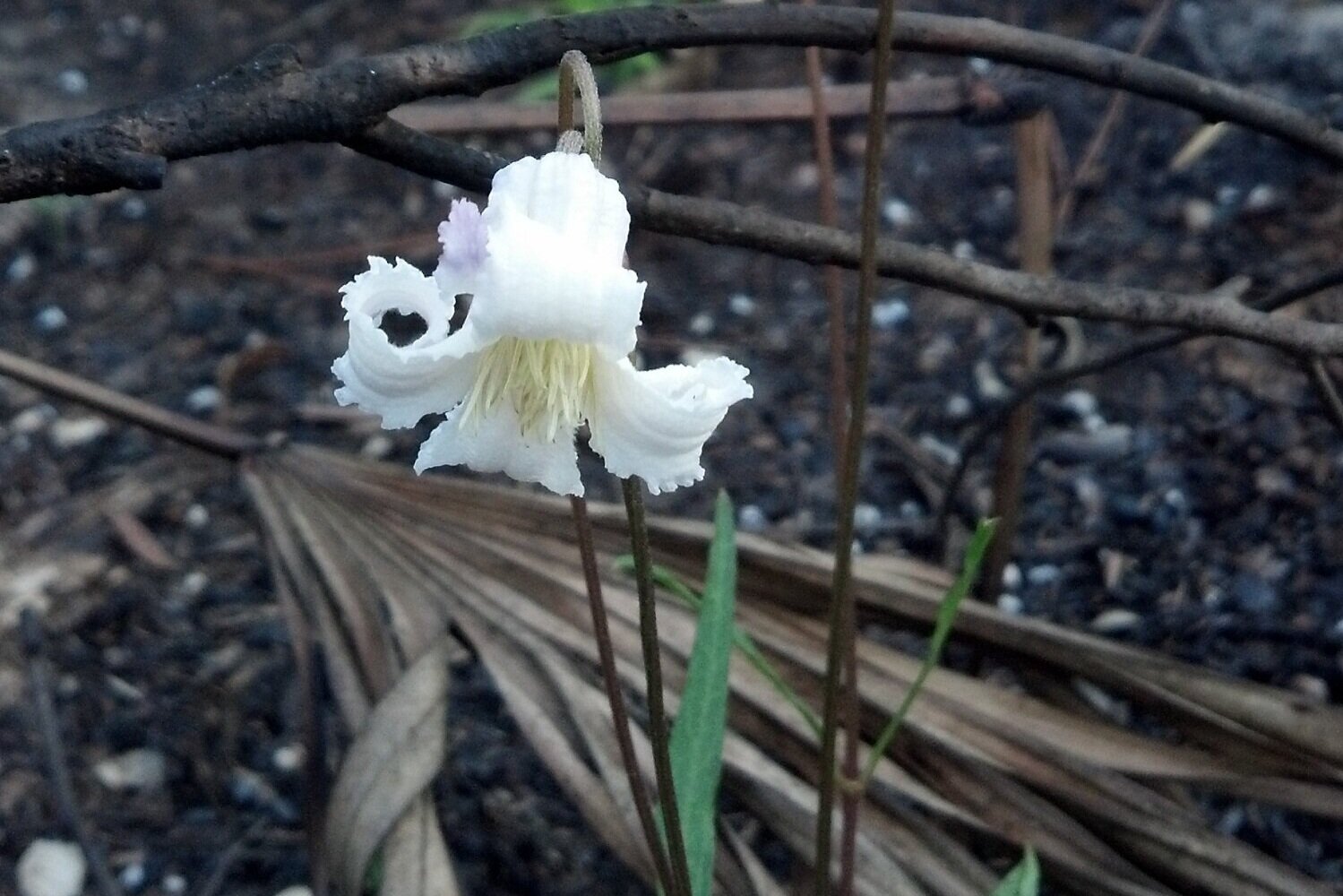
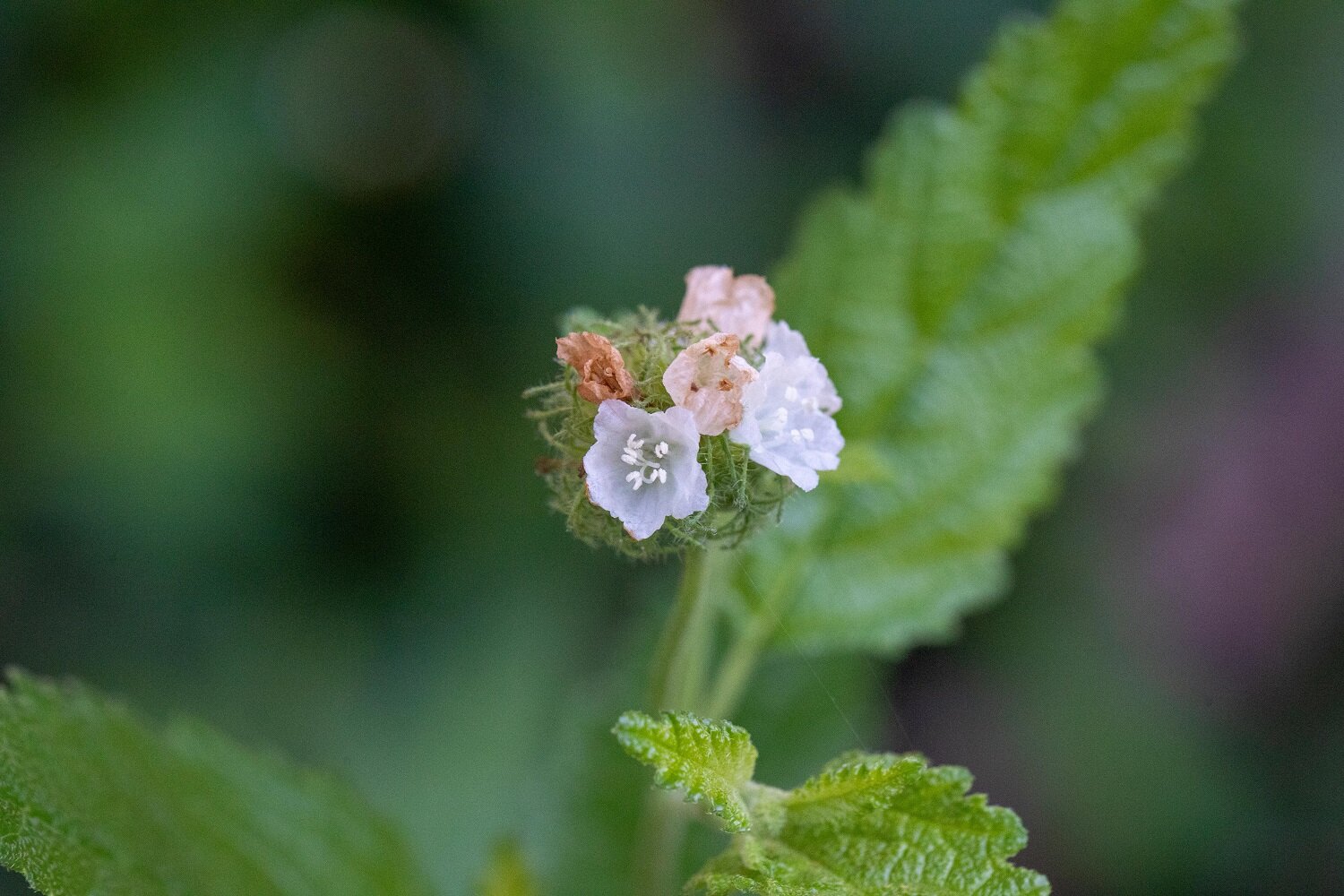
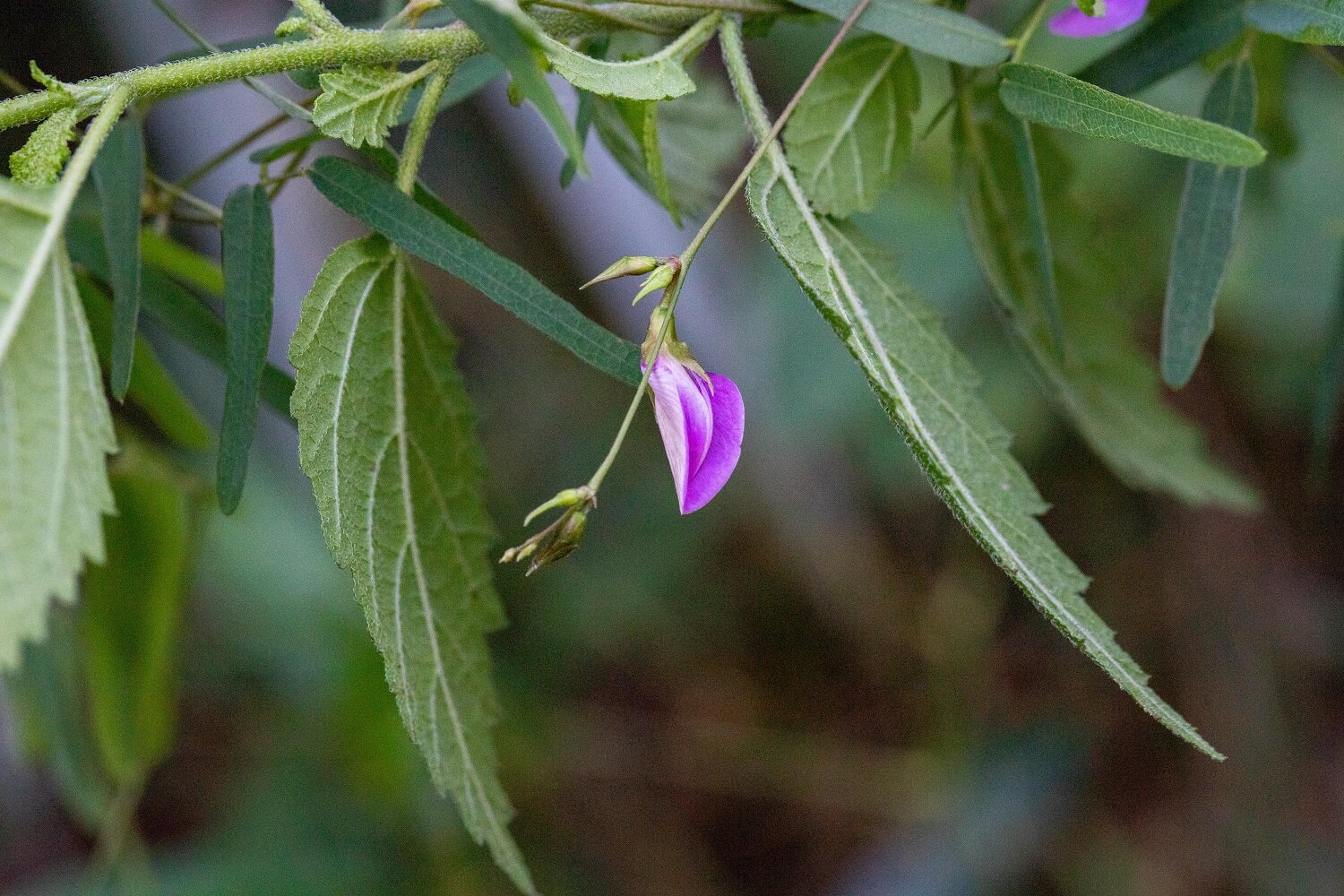
TAS’s Steinberg Nature Center campus sits on the NE-SW-running high oolitic limestone ridge that bisects the county. The narrow ridge was once a magnificent, vital 180,000-acre Dade County slash pine forest supported by an enchanting understory of saw palmetto, fruiting bushes, delicate fern and wildflowers, all of which supported a diverse wildlife population.
Threaded with trails and marked with educational signs, the TAS pine rockland demonstration forest serves as teaching tool, showing — rather than telling — visitors to our 2.2-acre near-native campus why it is imperative to protect, preserve and/or reclaim as much of the county’s pine rocklands forests as possible. As it is now, less than 2 percent of Miami-Dade County’s original pine rocklands forest exists outside of Everglades National Park.
The demonstration forest is maintained by TAS staff, advisory master gardeners, and volunteers who remove invasive plants on designated Habitat Restoration Days offering the community a hands-on experience. Periodically, professional removal of invasive species is required to maintain this unique habitat.
In 2020, the site underwent a major restoration. The pine rocklands habitat was overdue for an intensive rehab. In nature, lightning strikes spark fires that thin out the underbrush and enable dormant seeds to germinate; in forestry management, controlled burns serve that purpose, but in the residential High Pines neighborhood setting a fire was not viable. To assist with this crucial labor-intensive work, TAS engaged the Institute for Conservation (IRC) for its expertise. The South Florida non-profit organization is dedicated to the protection, restoration and long-term management of biodiversity on a regional basis, and to the prevention of regional extinctions of rare plants, animals and ecosystems.
The restoration included the removal of invasive understory plants, vines and non-native trees choking out the native flora, enabling the seeds of rare understory plant species lying dormant in the porous oolitic limestone soil to proliferate anew, including the federally endangered crenulate lead plant and state-endangered Havana skullcap. Other native pine rocklands plants on the site include the Coontie, Pineland Milkpea, Saw palmetto, and Scorpion’s Tail.
When healthy and mature, the globally unique pine rocklands contains the highest plant diversity of any other Florida habitat, and is home to more than 400 native species, some threatened and endangered, including the Bartram’s hairstreak and Florida leafwing butterflies.
To visit to TAS’s Pine Rockland demonstration forest or to inquire about our Habitat Restoration Days
email Amy Creekmur at volunteer@tropicalaudubon.org


